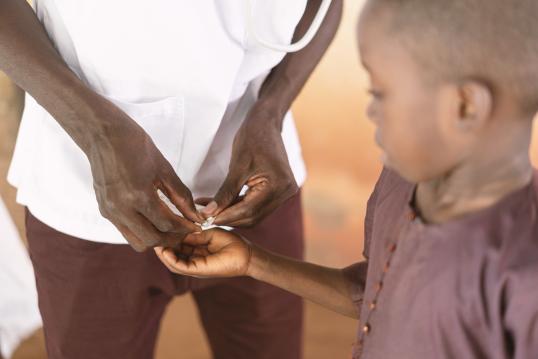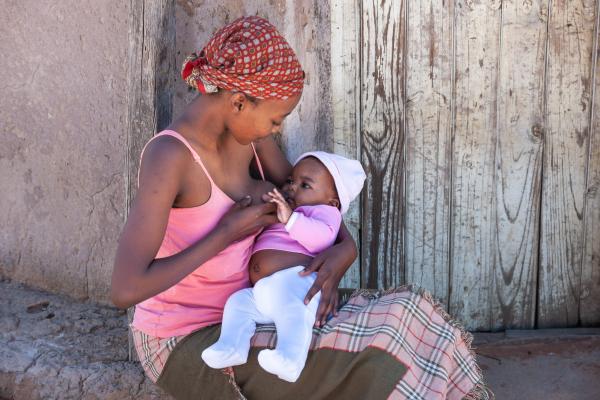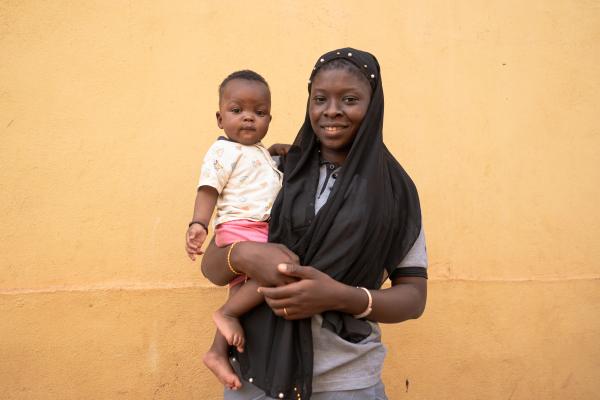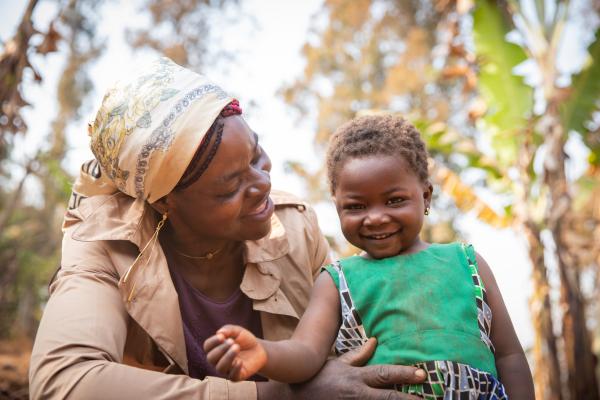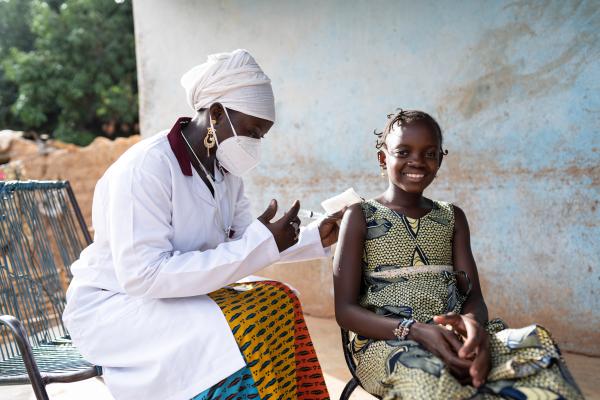What it is
This new fixed-dose combination therapy of albendazole/ivermectin targets five types of parasitic worms (four soil-transmitted helminth infections and lymphatic filariasis), which will significantly improve the efficiency and cost-effectiveness of large-scale interventions.
Why it matters
Soil-transmitted helminths and lymphatic filariasis are neglected diseases affecting one in four people worldwide and leaving children nutritionally and physically impaired. This new treatment will enhance the effectiveness of public health interventions against these parasites, benefiting millions worldwide.
The story
Soil-transmitted helminthiases (worm infections) are amongst the most common infections in the world, affecting over 1.5 billion people worldwide. Transmitted through contaminated soil or water, these parasitic infections severely undermine the health and development of children. They also worsen blood loss, exacerbating anaemia in women, and increasing the risk of maternal and infant mortality as well as low birth weight. Current control relies on regular albendazole or ivermectin treatment, as well as improved sanitation, but these medicines alone are not effective against all helminth species.[1]
Implemented by the STOP Consortium, EDCTP co-funded[2] a new child-friendly combination medicine (albendazole and ivermectin) that is safe, more effective against soil-transmitted helminths, and easier to administer: an oral, mango-flavoured pill.[3] This innovation provides stronger protection against helminth infections for millions of children over five, supporting their healthy growth and development while lowering the risk of drug resistance in helminth parasites. In January 2025, the European Medicines Agency issued a positive opinion on this new medicine,[4] paving the way for a WHO authorisation and its introduction in priority countries.[5]
Global Health EDCTP3 continues to support research on this treatment[6] in Kenya and Ghana, assessing its use in mass drug administration campaigns and its potential for treating other neglected diseases, such as lymphatic filariasis.
Sources:
[1] Gebreyesus, T., Alemayehu, G., Asrat, B., & Mekonnen, Z. (2024). Efficacy of albendazole mass drug administration against soil-transmitted helminths in Ethiopia: Implications for emerging drug resistance. Infectious Diseases of Poverty, 13(1), 45. https://doi.org/10.1186/s40249-024-01176-6; Sisay, M., Mengistu, B., & Tadesse, D. (2024). Reduced albendazole efficacy against Trichuris trichiura: A systematic review and implications for treatment strategies. Scientific Reports, 14, 71308. https://doi.org/10.1038/s41598-024-71308-3; Wimmersberger, D., et al. (2018). Efficacy and safety of ivermectin against Trichuris trichiura in preschool-aged children: A randomized controlled dose-ranging trial. Clinical Infectious Diseases, 67(8), 1247–1254. http://doi.org/10.1093/cid/ciy246
[2] New tablet shows promise for the control and elimination of intestinal worms - EDCTP
[4] Ivermectin/Albendazole - opinion on medicine for use outside EU | European Medicines Agency (EMA)
[5] ADOPT https://unlimithealth.org/research/adopt-programme/
